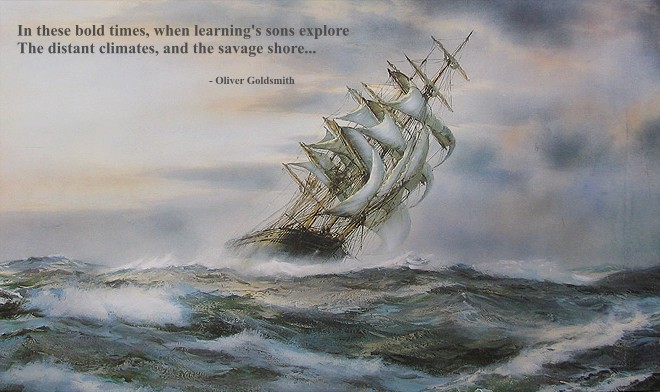It has been my habit to try to interest my students in problems on the frontiers of knowledge, for I believe that unsolved problems provide a better stimulation for their intelligence and imagination than do already-solved problems taken from textbooks. I have also long felt that the amateur has a much more important role in science than is usually recognized. I teach the history of science, and have become aware of the extent to which most radical discoveries (sometimes called "breakthroughs") have been opposed by the experts in the affected fields. It is a fact, obviously, that every scientist is an amateur to start with. Copernicus, Newton, Darwin were all amateurs when they made their principal discoveries. Through the course of long years of work they became specialists in the fields which they created. However, the specialist who starts out by learning what everybody else has done before him is not likely to initiate anything very new. An expert is a man who knows everything, or nearly everything, and usually thinks he knows everything important, in his field. If he doesn't think he knows everything, at least he knows that other people know less, and thinks that amateurs know nothing. And so he has an unwise contempt for amateurs, despite the fact that it is to amateurs that innumerable discoveries in all fields of science have been due.
-Maps of the Ancient Sea Kings, Charles H. Hapgood, Chapter 1: The Treasure Hunt Begins






No comments:
Post a Comment